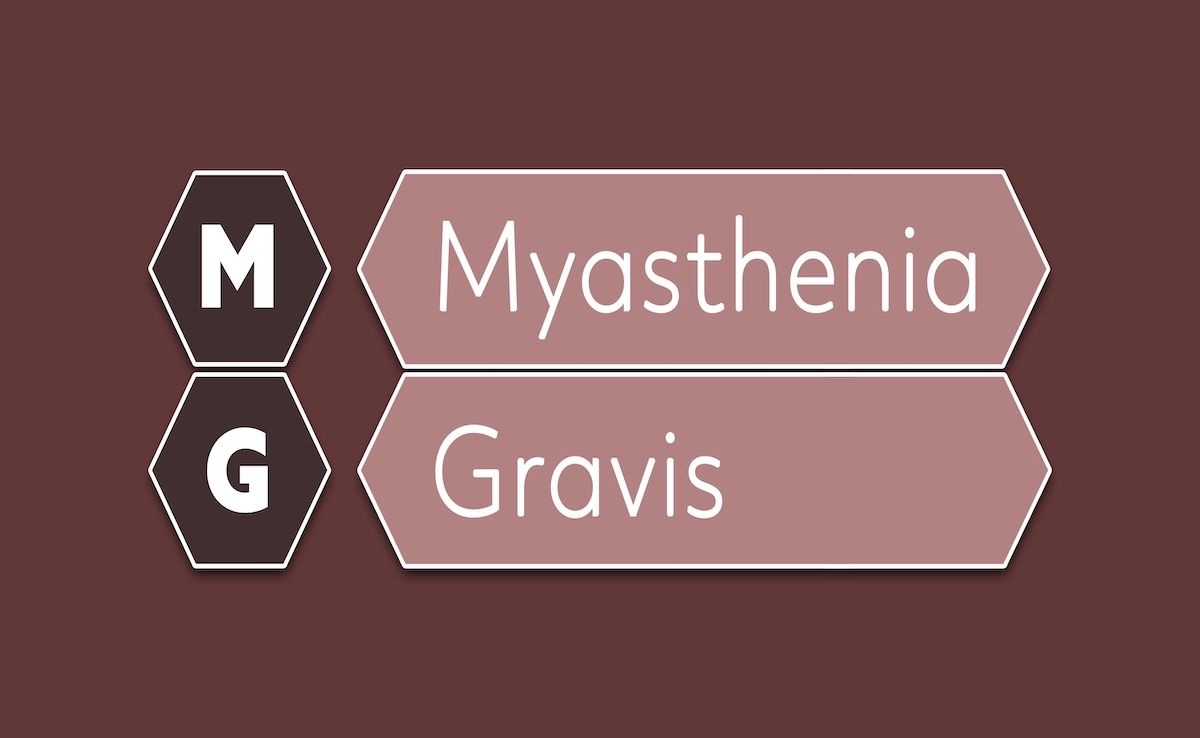- Center on Health Equity & Access
- Clinical
- Health Care Cost
- Health Care Delivery
- Insurance
- Policy
- Technology
- Value-Based Care
EU Approves Self-Administered Rozanolixizumab for Myasthenia Gravis
With 2 new self-administration methods, patients living with generalized myasthenia gravis can be more empowered to manage their treatment with greater independence and control.
An earlier version of this article appeared on NeurologyLive®.
Rozanolixizumab (Rystiggo; UCB), a medication for various forms of myasthenia gravis, has gained approval in the European Union for 2 new self-administration methods: an infusion pump and manual push with a syringe. The belief is that the new self-administered subcutaneous treatment may offer several advantages, including high levels of patient satisfaction, sense of control, and independence.1
Rozanolixizumab is a humanized high-affinity, antihuman neonatal Fc receptor (FcRn) monoclonal antibody targeting immunoglobulin G. The newly approved self-administration methods were based on data from the phase 3, open-label, crossover MG0020 study (NCT05681715) in which patients were randomly assigned to once-weekly rozanolixizumab for 18 consecutive weeks, comprising of a 6-week self-administration training period and then two 6-week self-administration periods.
"For people living with gMG, unpredictable symptoms can have a significant impact on daily life, leading to patients feeling vulnerable and lacking control. Subcutaneous self-administration may help address these challenges, enhancing patient autonomy and satisfaction by reducing the need for frequent clinic visits,” said Donatello Crocetta, chief medical officer and head of global medical affairs at UCB, in a statement.1 "We welcome the EU approval for self-administration of rozanolixizumab in Europe, marking another significant step forward in our ongoing commitment to improving the lives of people living with gMG."
Rozanolixizumab was first approved by the FDA in June 2023 for anti–acetylcholine receptor and anti–muscle-specific tyrosine kinase antibody-positive generalized myasthenia gravis. | Image Credit: © lhphotos-stock.adobe.com

The crossover study tested whether patients can safely self-administer rozanolixizumab using a syringe driver and manual push method. Following the training period, 55 patients were randomly assigned 1:1 to the syringe driver or manual push self-administration method, subsequently crossing over to the alternative method. The primary end point was successful self-administration of rozanolixizumab, evaluated by a health care professional at the end of each 6-week self-administration period.
Each vial of rozanolixizumab solution for injection contains 140 mg/mL, with available vial sizes of 2 mL (280 mg), 3 mL (420 mg), 4 mL (560 mg), and 6 mL (840 mg). The most commonly reported adverse reactions to rozanolixizumab were headache (48.4%), diarrhea (25.0%), and pyrexia (12.5%). To date, rozanolixizumab remains contraindicated for patients with hypersensitivity to the active substance or to any of the excipients.
Rozanolixizumab was first approved by the FDA in June 2023 as a new treatment for both anti–acetylcholine receptor (AChR) or anti–muscle-specific tyrosine kinase (MuSK) antibody-positive generalized myasthenia gravis, the most common subtypes of the disease. The basis for the approval used data from the phase 3 MycarinG study (NCT03971422), in which rozanolixizumab-treated patients showed significant reductions in the primary end point of Myasthenia Gravis-Activities of Daily Living scores (P < .001) over a 43-day period.2,3
In the MycarinG study, 200 patients were randomized into 3 groups to receive rozanolixizumab 7 mg/kg (n = 66), 10 mg/kg (n = 67), or placebo (n = 67) for 6 weeks, followed by an 8-week observation period. The treatment demonstrated significant effects on secondary end points, including the Quantitative Myasthenia Gravis (QMG) score, which measures muscle weakness. By day 43, the QMG total score showed statistically significant improvements in the rozanolixizumab groups, with point changes of –5.4 and –6.7 in the 7-mg/kg and 10-mg/kg groups, respectively, compared with –1.9 in the placebo group (P < .001).
References
1. Rystiggo (rozanolixizumab), for generalized myasthenia gravis (gMG), receives EU approval for two new administration methods. News release. UCB. January 31, 2025. Accessed February 3, 2025. https://www.ucb.com/newsroom/press-releases/article/rystiggorvrozanolixizumab-for-generalized-myasthenia-gravis-gmg-receives-eu-approval-for-two-new-administration-methods
2. UCB announces US FDA approval of Rystiggo (rozanolixizumab-noli) for the treatment of adults with generalized myasthenia gravis. News release. June 27, 2023. Accessed February 3, 2025. https://www.prnewswire.com/news-releases/ucb-announces-us-fda-approval-of-rystiggo-rozanolixizumab-noli-for-the-treatment-of-adults-with-generalized-myasthenia-gravis-301864023.html
3. Bril V, Druzdz A, Grosskreutz J, et al. Safety and efficacy of rozanolixizumab in patients with generalized myasthenia gravis (MycarinG): a randomized, double-blind, placebo-controlled, adaptive phase 3 study. Lancet Neurol. 2023;22(5):383-394. doi:10.1016/S1474-4422(23)00077-7
